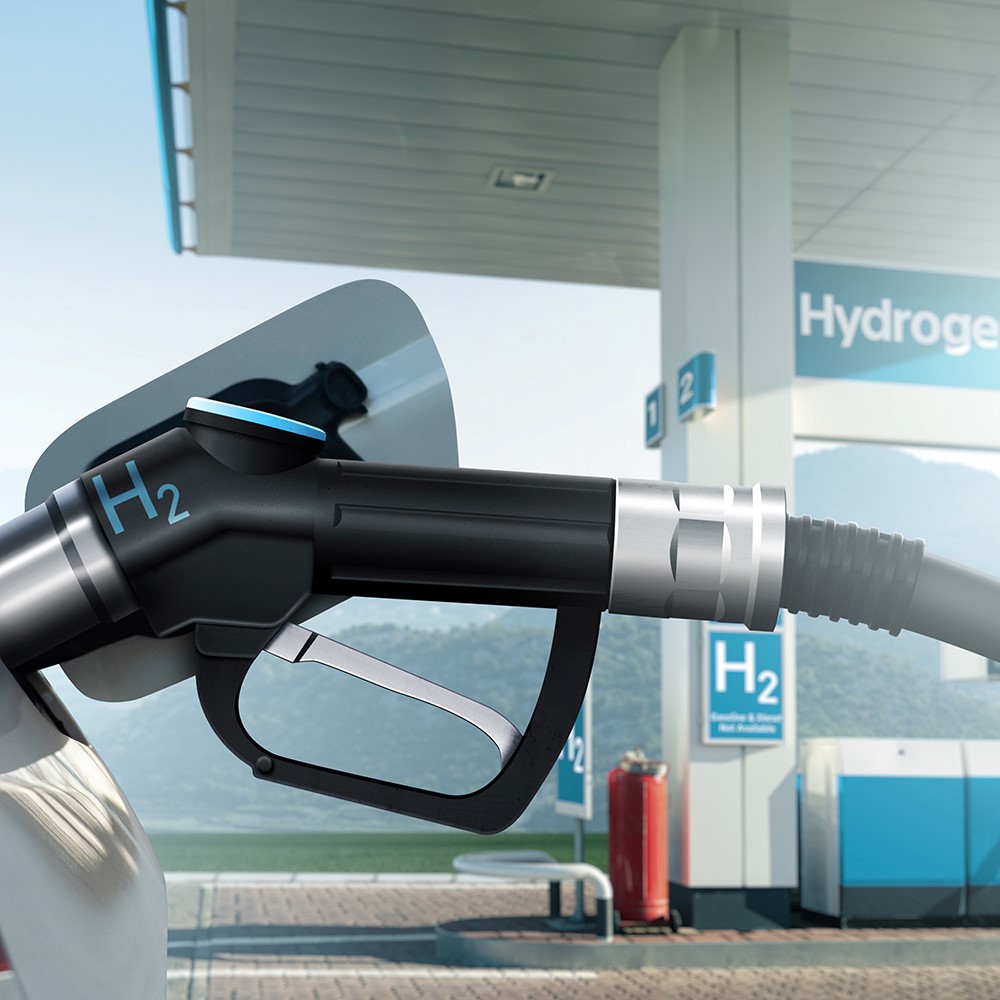CalMatters reported in August that even “as California steers away from the internal combustion engine, the rapid transition is fueling a fight in the Capitol over how large a role hydrogen fuel cells will play in powering the clean cars of the future.” The only question, then, is how much the state will spend. The answer: A little less than it has in the past but still a not-insignificant amount.
A Sept. 7 deal between lawmakers and the governor on reauthorization of the state’s Clean Transportation Programs commits 15% of the roughly $100 million set aside for yearly spending on zero-emission vehicles infrastructure to hydrogen programs. It’s 25% less than previous funding but 50% more than lawmakers had proposed pre-deal.
Hydrogen might be the fuel of the future. It’s “light, storable, energy-dense, and produces no direct emissions of pollutants or greenhouse gases,” says the International Energy Agency, and it “can help to achieve a clean, secure and affordable energy future; and how we can go about realizing its potential.”
But is it government’s role to give hydrogen preferential treatment? California Gov. Gavin Newsom believes it is. Just a few weeks back, he proclaimed the state to be “all in on clean, renewable hydrogen,” calling it “an essential aspect of how we’ll power our future and cut pollution.”
No one should need a reminder that when it comes to choosing industrial winners and losers, politicians’ record is “very poor,” “lousy,” “dreadful,” “a losing one,” and even “abysmal.” We’ve seen this in regard to hydrogen. While the state has already spent more than $200 million for hydrogen fueling stations, sales of hydrogen cars are sluggish, falling 20% last year, and 30% lower in the first quarter of 2023 compared to the same quarter in 2022.
CalMatters notes that sales are up this summer, but when only 1,767 have been sold this year, it doesn’t take much of an uptick in sales to set a new “record.”
When politics determine the outcomes in economic competition – which is the plan with both hydrogen and electric cars – it is “likely to lead to widespread corruption, inefficiencies and corporatism as it is to produce optimal economic and environmental outcomes,” say James Jay Carafano and Jack Spencer of the Heritage Foundation. It should be up to the market, that is to say the free and voluntary exchanges between consumers and producers in a competitive setting, to decide which businesses, technologies, entrepreneurs, and innovations move ahead and which ones should be allowed to fail (not forgetting that failure is part of success in a vibrant economy).
An appropriate closing for this post comes from Cato Institute economist Chris Edwards, who testified before Congress in 2017 in a hearing about Energy Department loan programs:
“A widely noted effect is that businesses with weak ideas are often the ones that get in line for government handouts because the businesses with good ideas can get private funding and often do not want the bureaucratic hassles of subsidies.”
Edwards then quoted an unnamed, but clearly insightful, economist, who said “I don’t know whether the government is better at picking winners rather than losers, but I do know that losers are good at picking governments.”
Does this mean hydrogen is a loser? Possibly. But then then there’s no way to know for certain until government stops intervening in the market.
Kerry Jackson is a fellow with the Center for California Reform at the Pacific Research Institute.

